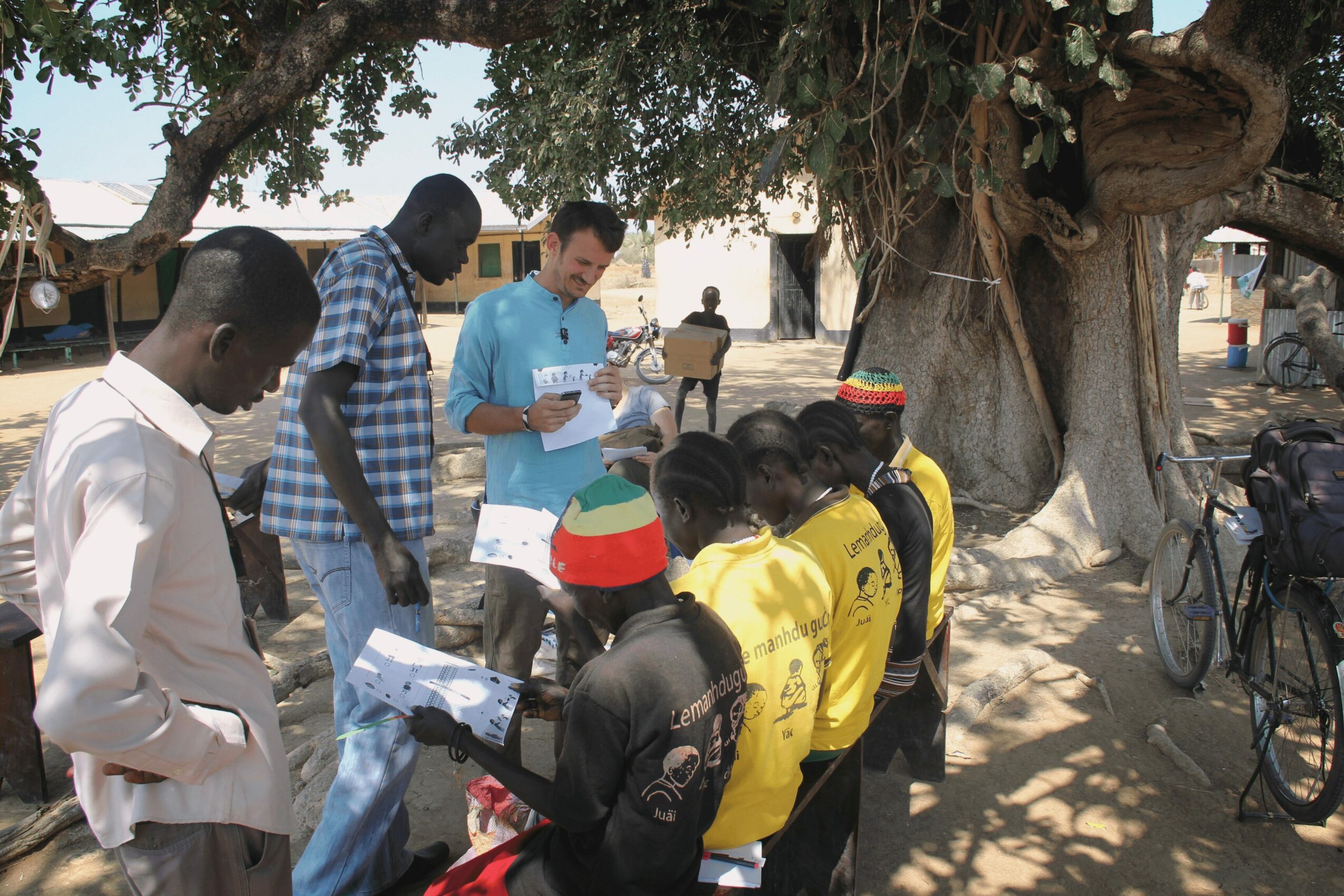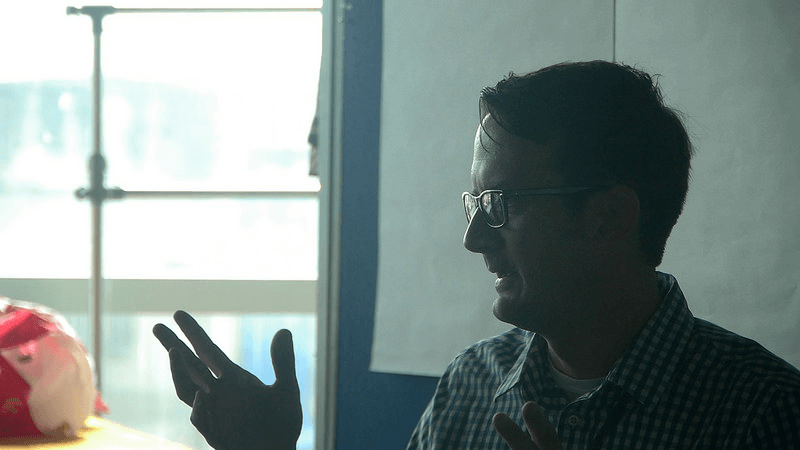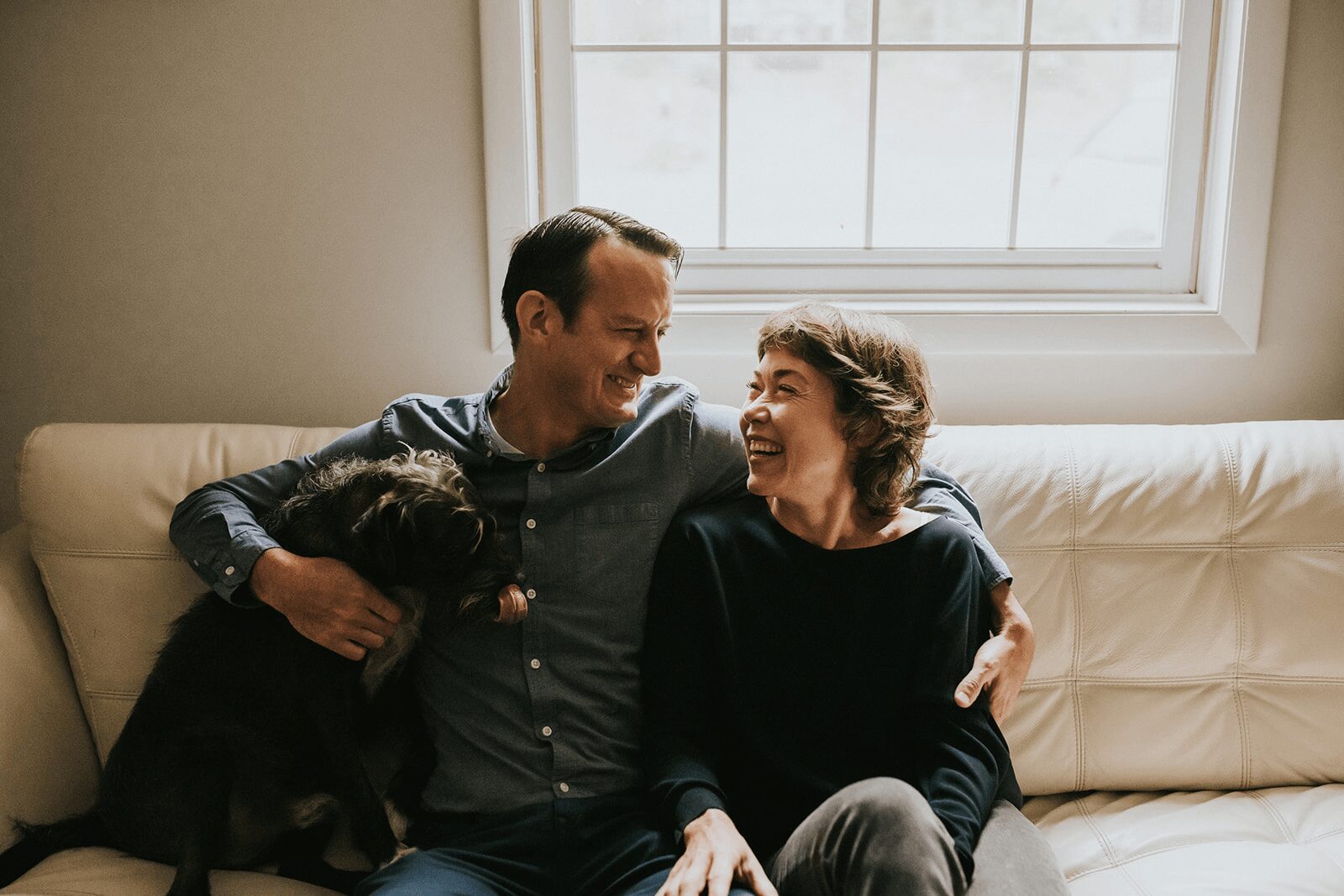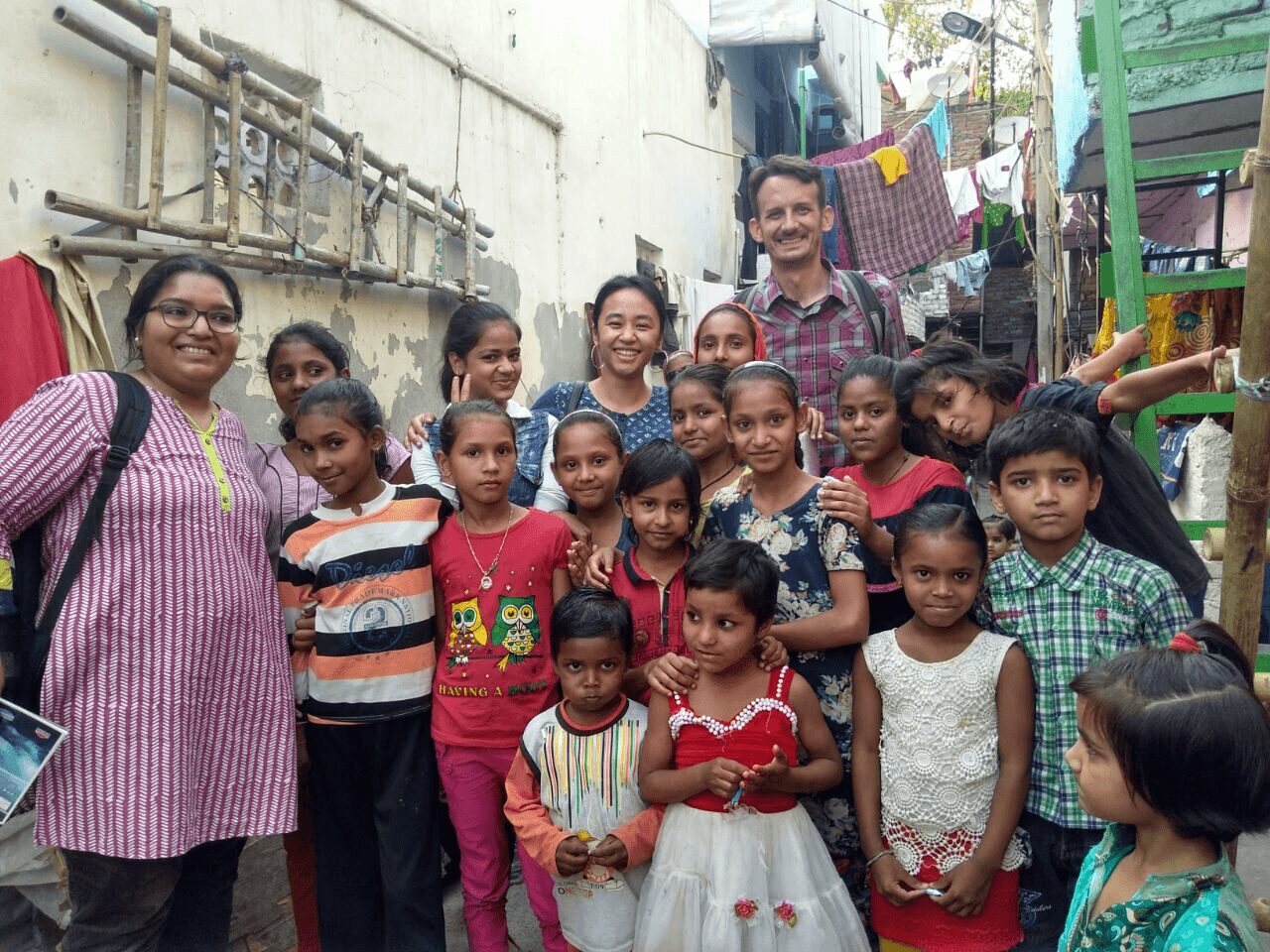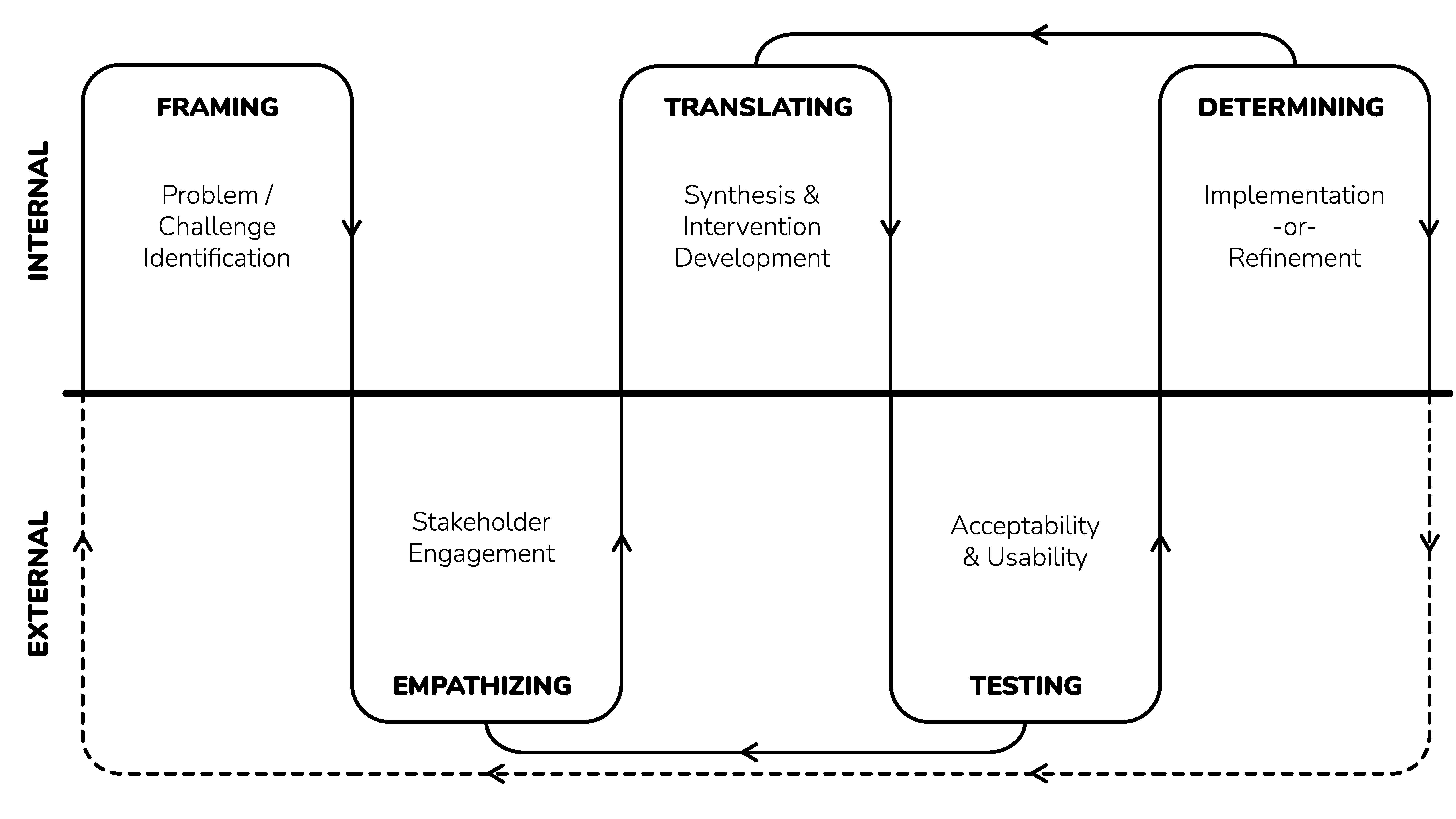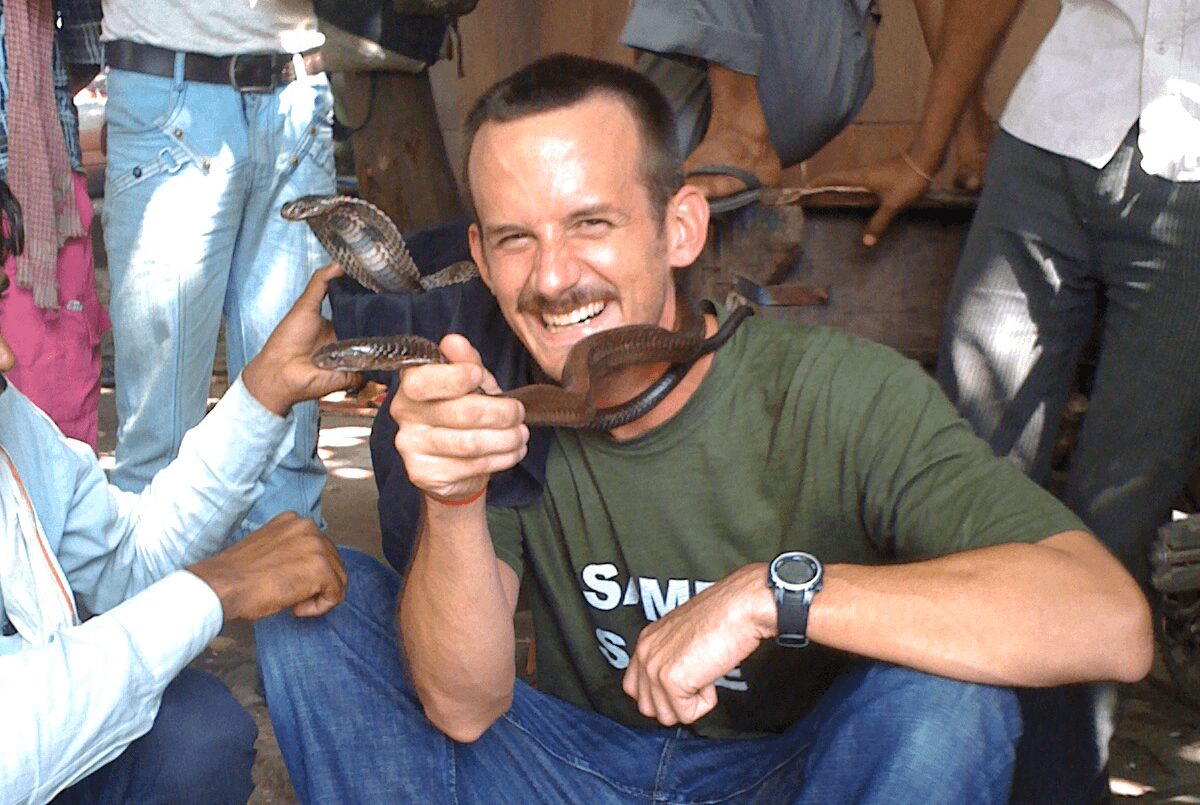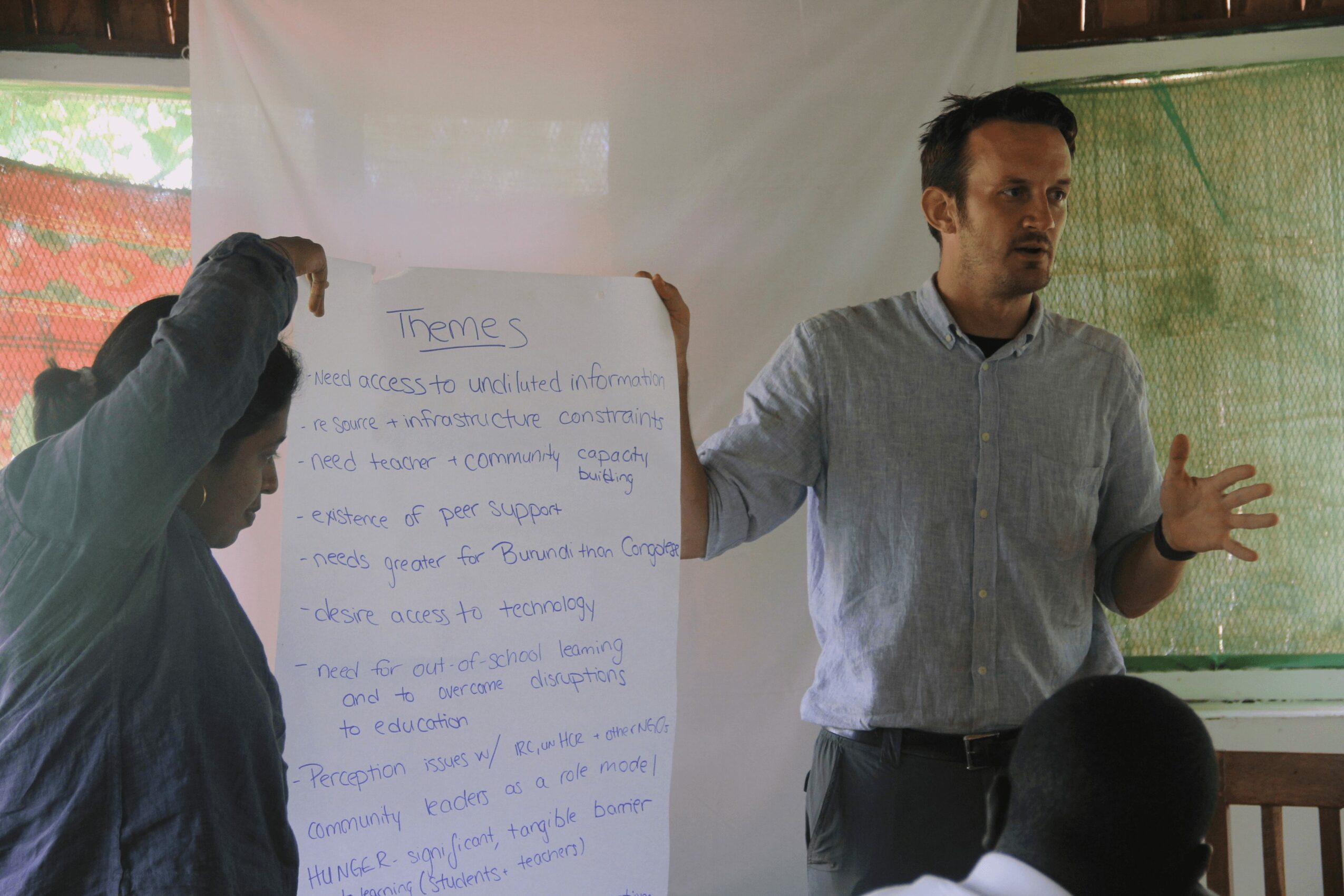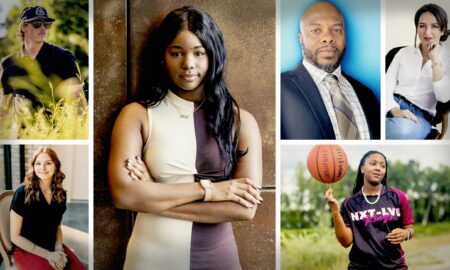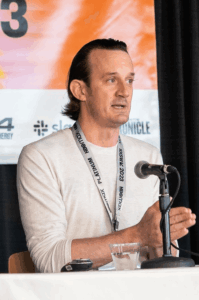 Today we’d like to introduce you to Kevin Shane
Today we’d like to introduce you to Kevin Shane
Hi Kevin, we’re thrilled to have a chance to learn your story today. So, before we get into specifics, maybe you can briefly walk us through how you got to where you are today?
Sure! I grew up in a very small town in western New York state. Travel was always an integral part of my life growing up, from our family vacations throughout the United States and Canada to the stories and slide shows my parents and aunts and uncles would tell and show us from their travels abroad. This sparked a keen interest in exploring new cultures, meeting new people, and engaging with different contexts at an early age, and acted as the foundation for my future professional pursuits.
I studied journalism and communications at university in order to develop the skills necessary to gather and share people’s stories. This background allowed me to work in myriad settings throughout the United States. Though I found my career interesting, I had a lingering desire to do more to align my efforts with creating positive change in other people’s lives. This nagging feeling motivated me to take a later-in-life gap year during my early 30s where I spent several months traveling throughout Italy, Greece, Turkey, Ukraine, Russia, India, and Thailand, before ultimately settling in Cambodia where I taught pre-school and kindergarten aged Khmer children English as a second language during the day and volunteered helping street children outside of school hours.
My experiences in Cambodia were nothing short of life-changing. I had traveled plenty in life, and briefly lived abroad in Australia during a semester abroad in college, but I had never immersed myself in a “developing country” and witnessed firsthand the socioeconomic challenges that impact such places. Though I was affecting some positive change through volunteer efforts, this experience convinced me to seek out other professional experiences that translated to my “9-to-5” being focused on social impact. Thankfully, I was able to find an opportunity to do just that in India working with an amazing group of people at a human-centered design (HCD) consultancy in India.
I moved to Delhi, India’s capital, on a 6-month contract focused on helping develop a robust communications platform for disseminating findings from a massive sanitation project designed to provide those living in India’s urban slums with access to clean water and modern sanitation infrastructure. It offered me the first opportunity to work in such challenging settings and be part of something truly transformational for everyone involved in the work. Human-centered design is an innovative problem-solving methodology rooted in empathizing with people impacted by a problem or challenge and then working with them to co-design potential solutions. This sanitation project was my first exposure to that methodology, and I was totally hooked.
My intended 6 months in India ended up lasting nearly 7 years. During this time, I worked on projects related to water and sanitation, financial inclusion, product and service development, behavior change and capacity building, reproductive health, education, nutrition, and more. I was blessed with the opportunities to work throughout India, as well as Mali, South Sudan, Tanzania, Ethiopia, and the Philippines. It was the education of a lifetime.
One of the last projects I worked on involved researching what the future of contraceptive technologies could look like. I worked with an amazing team from FHI360, an NGO based in Durham, NC. Less than one year after this project, one of the project team members took on the role of Executive Director of the Durham-based nonprofit Male Contraceptive Initiative and hired me to be the Communications and Design Director, and bring human-centered design principles and practices to the organization and its effort to address the gap in contraceptive products that puts an undue burden on women to use contraception. I also just so happened to start dating another project team member soon after arriving in Durham who, less than 3 years later, I somehow convinced to marry me.
My wife and partner started our own qualitative research consultancy called noodle research in April 2022. She is an anthropologist end ethnographer by trade and, with my background in human-centered design and communications, we ensure that empathy is the foundation of every project we undertake. We are keenly interested in helping those in our community and abroad unpack their challenges and reframe them as opportunities through our research and design activities.
Would you say it’s been a smooth road, and if not what are some of the biggest challenges you’ve faced along the way?
I love this question! It has absolutely not been a smooth road, and I am eternally grateful for that. As anyone who has lived abroad or traveled through challenging contexts can attest, there are myriad physical, emotional, and mental challenges to work through, particularly when engaging directly with people suffering due to systemic failures; there is a palpable sense of a strange survivor’s guilt (or the guilt of the privileged) that is difficult to define, though easy to feel. And being far from where you grew up and the people you love can take its toll as well.
However, as I’ve gotten older, I find it a bit easier to view challenges as learning and growth opportunities. It was terrifying getting on that plane to India, not knowing who I would be working with, what I would be doing, or whether I’d be able to handle it. I remember a real sense of terror en route to my first ever visit to a slum, wondering internally what I would do if the experience proved to be too much. I’m thankful, though, that this fear did not dissuade me. Again, my 6 months turned into nearly 7 years there, and not only afforded me the most formative professional experience of my life, but also allowed me the opportunity to meet some of the most amazing people I’ve ever known and to have these colleagues become family (in the case of my wife Anna, quite literally!).
Appreciate you sharing that. What should we know about noodle research?
Our research practice is human-centered, truly, The foundation for all of our work is identifying those most affected by a problem, challenge, or other dysfunction and provide them an active voice in defining not only that which impacts them, but also the best way to resolve whatever issue they are facing. We take our role as stewards of these voices of customers or users very seriously, and do not take this privilege for granted.
A lot of what we do, practically speaking, involves in-depth interviews, focus group discussions, and workshops where we gather information, synthesize it, and use the emergent insights as the foundation for ideating potential solutions. In a perfect world, we then develop prototypes of these solutions with end-users and then test them to evaluate their impact. This is ideally an iterative process too, where we refine solutions based on feedback, re-engage with people to gather more perspectives, and refine again. Through this, we can better ensure that the final product, service, or intervention that we designed resonates in the short-term and is sustainable in the long-term.
Our approach is the same irrespective of the industry of the client we’re working with. This really sets us apart because we are able to work with anyone, and achieve impact. While our hearts are in the social impact space, we also work closely with corporate clients. This diversity of subject matter allows us to holistically understand challenges and bring to bear solutions from seemingly divergent contexts in a manner that drives sustainable impact.
Are there any books, apps, podcasts or blogs that help you do your best?
Oh man, I am a podcast junkie! Some of my favorites include Hidden Brain (to deepen my understanding of human behavior), 99% Invisible (to learn more about and explore the impact of design), Serial (for the human-centered storytelling), and Stuff You Should Know (to gain insights into things often overlooked).
I also read voraciously, and love any books that provide me a window into another context or culture. Fiction books like Khaled Hosseini’s “Kite Runner”, Andre Dubus’s “House of Sand and Fog”, and Amitav Ghosh’s Ibis Trilogy, and the non-fiction, historical books by Erik Larson never fail to transport me to another time and place, and feel like I am seeing a context through another’s eyes.
In terms of Apps, I really rely on Calm to keep me meditating, and the NY Times Cooking app is my current obsession as it helps me unplug, get away from my computer, and (attempt) to make a delicious meal for my wife.
Contact Info:
- Website: https://www.noodleresearch.com/
- Other: https://www.linkedin.com/company/noodle-consultancy/
